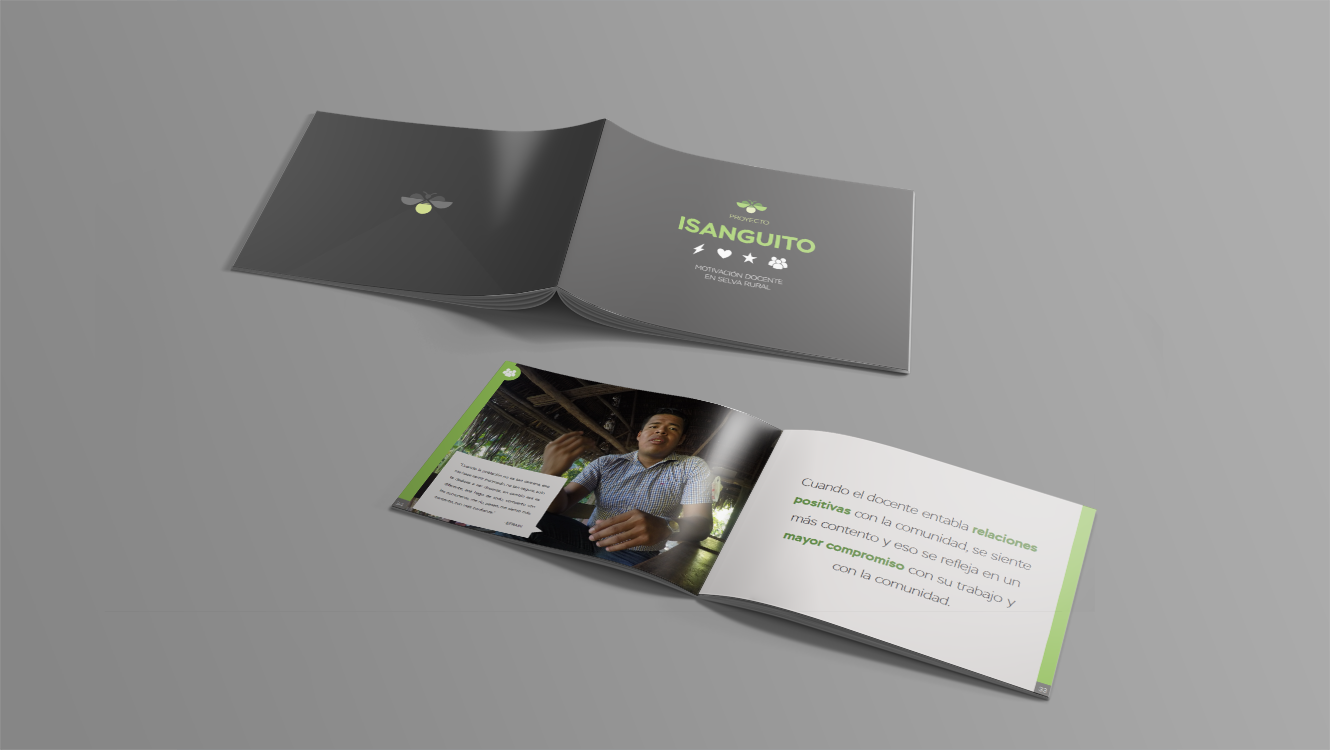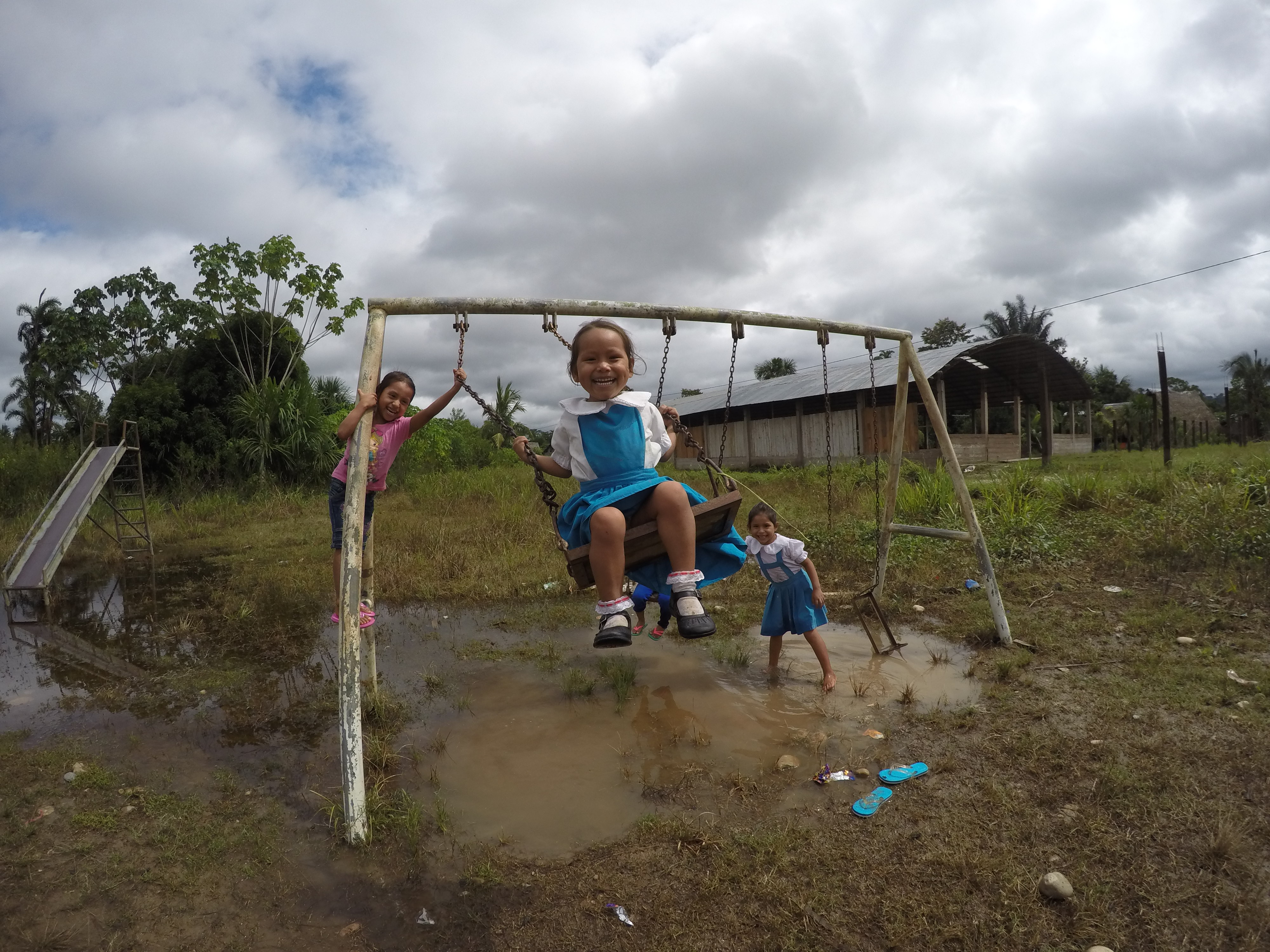
Attracting talent to rural schools.
Understanding teacher’s motivations to improve their experience in remote rural schools.
Education
Design
Research
Government
Brief summary
Public school teachers in the Amazon region of Peru have to face harsh conditions that affect not only their performance but their overall motivation to even attend classes. This teacher-centered project used a human-centered design approach to uncover the motivations and barriers that rural school teachers face and propose several initiatives to increase teacher engagement and performance through non-monetary incentives. Developed within the office of rural services in the Ministry of education, this project's main outcome was to reveal the previously unexplored reality of rural jungle teachers and provide in-depth understanding and insights to inform public-policies that close the gap between the central government and rural schools. Besides raising awareness on the multiple teacher's needs of this specific population group, many proposed solutions have already started to be implemented within the government despite the constant political turbulence.
My role
Leader in charge of shaping the innovation team’s strategy and vision, recruiting its members, and leading each project through research, ideation, prototyping, and effective storytelling.

Challenge
How might we attract professional talent to rural schools in the Amazon by improving teachers’ experience through non-monetary incentives?

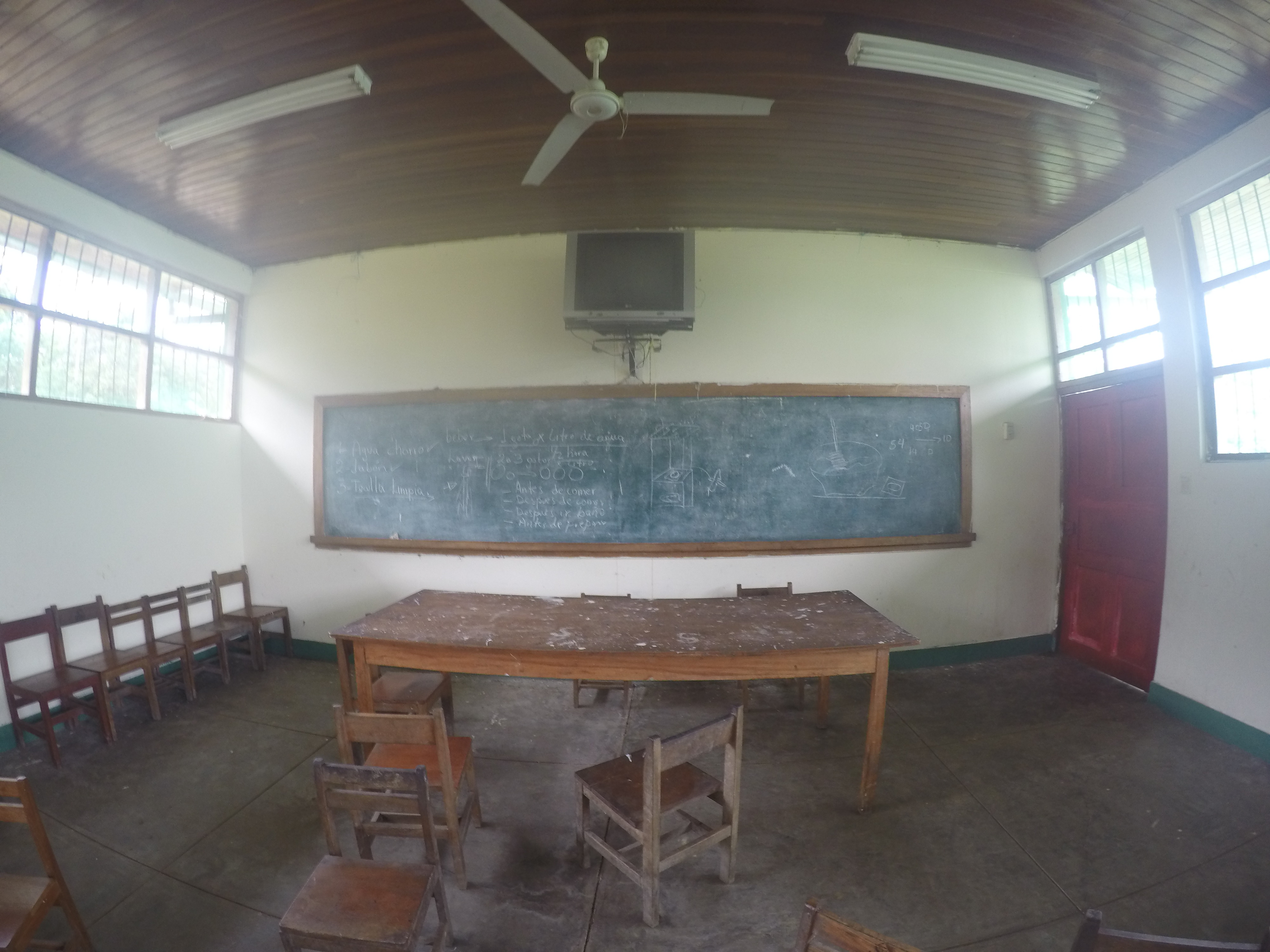
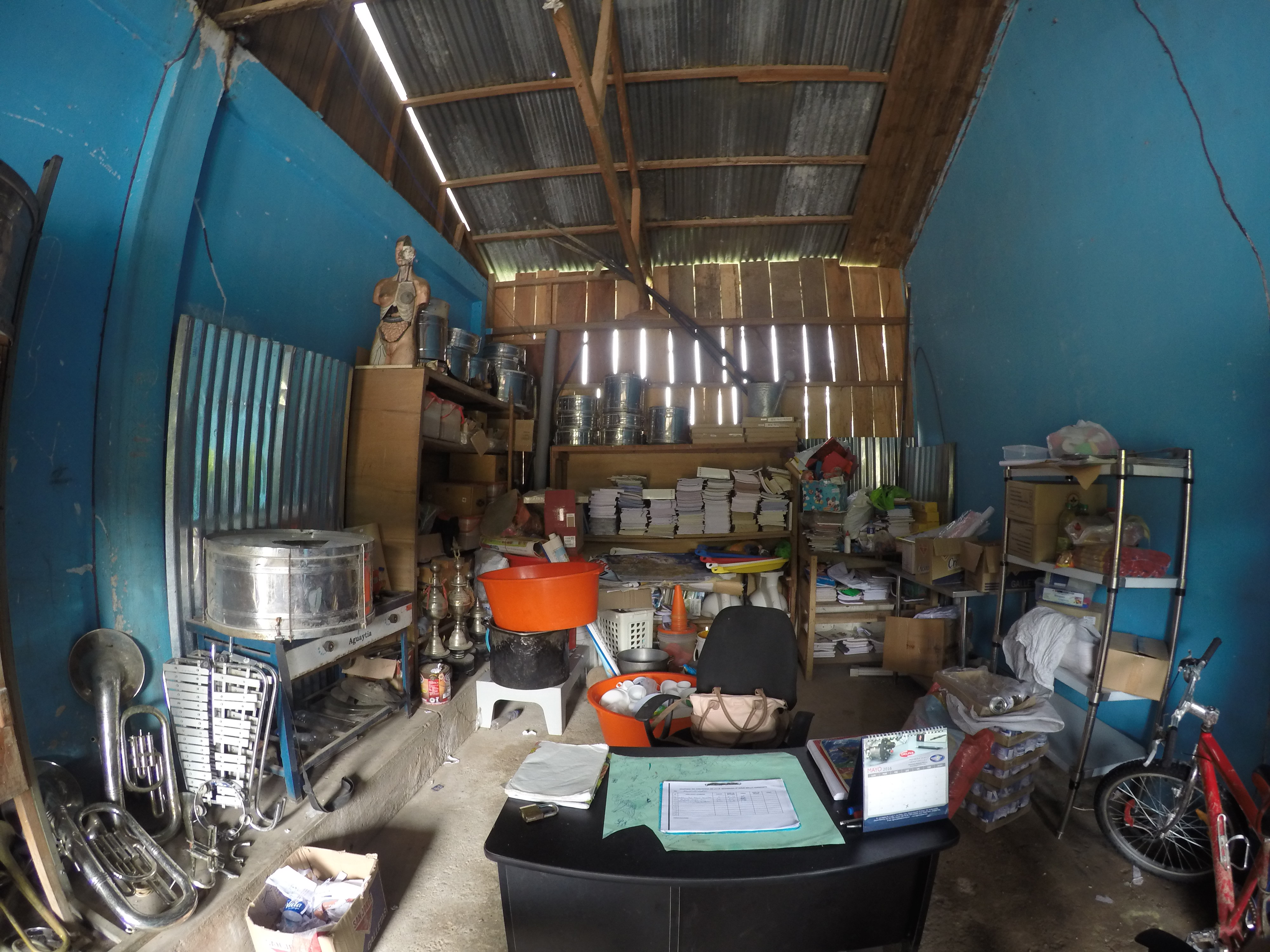
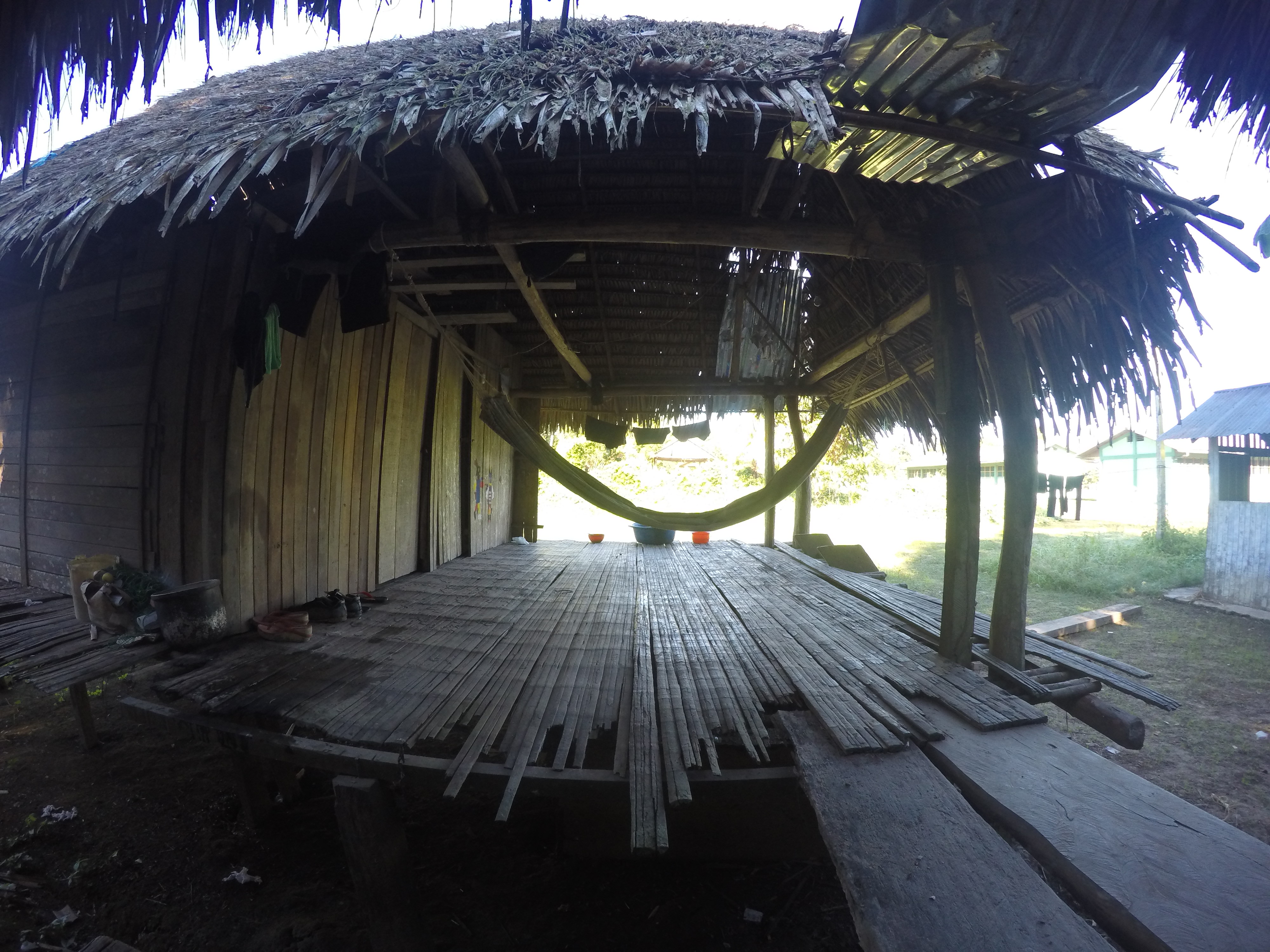
Design Principles
Promote community relationships
To fill the void of family and guarantee an overall good experience for both the teacher and the community.
Guarantee professional growth
So working in a rural context stops being a synonym of stagnation but rather of continuous advancement in their careers.
Adapt technology to their context
So rural teachers can make use of the modern technologies they already know to create better learning experiences, anywhere.
Measure soft-skills
To include elements that teachers consider important to the Ministry evaluation criteria.
Use current resources and habits
To make interventions scalable and easy to adopt for the teachers and the different departments within the government.
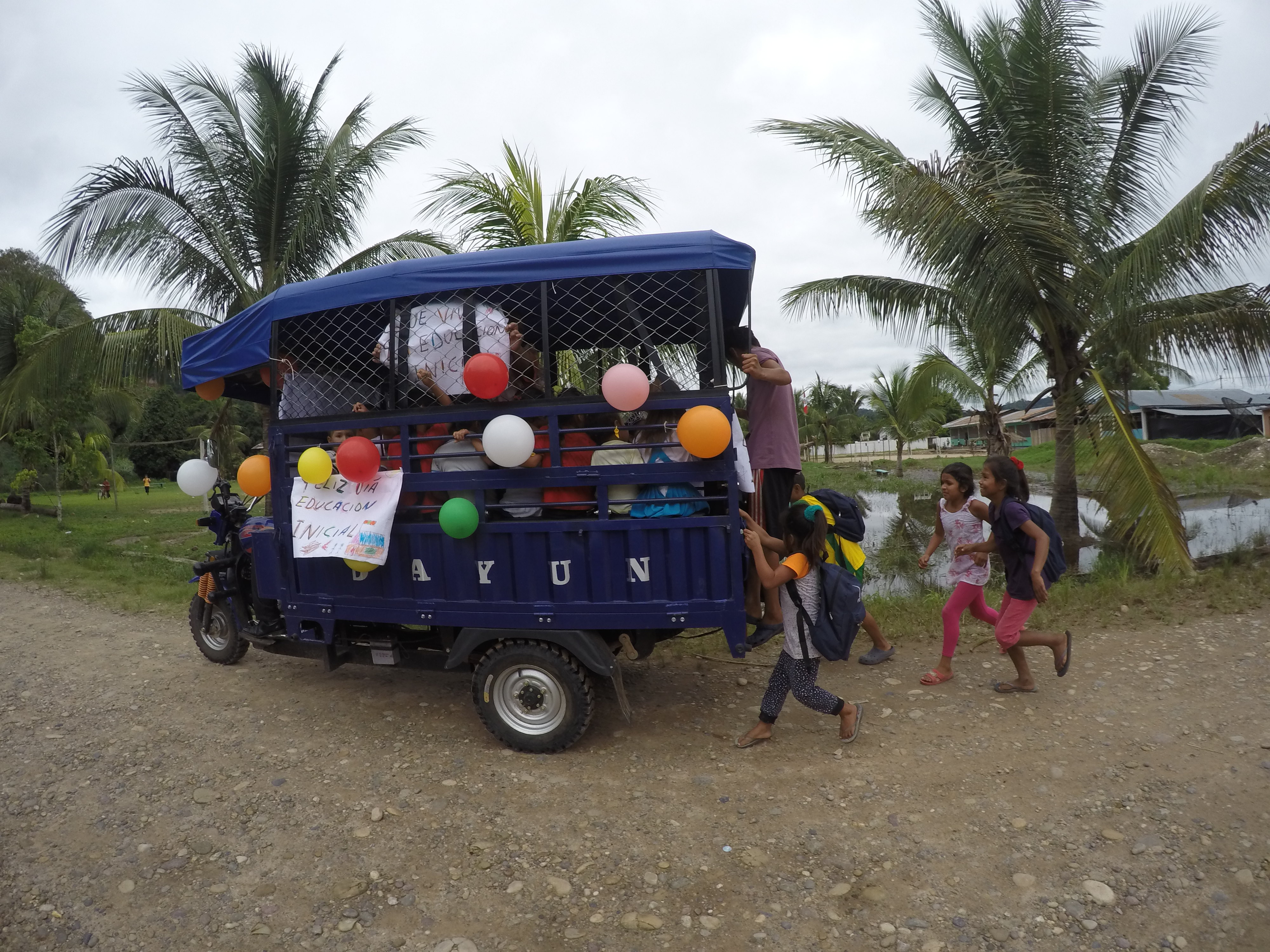
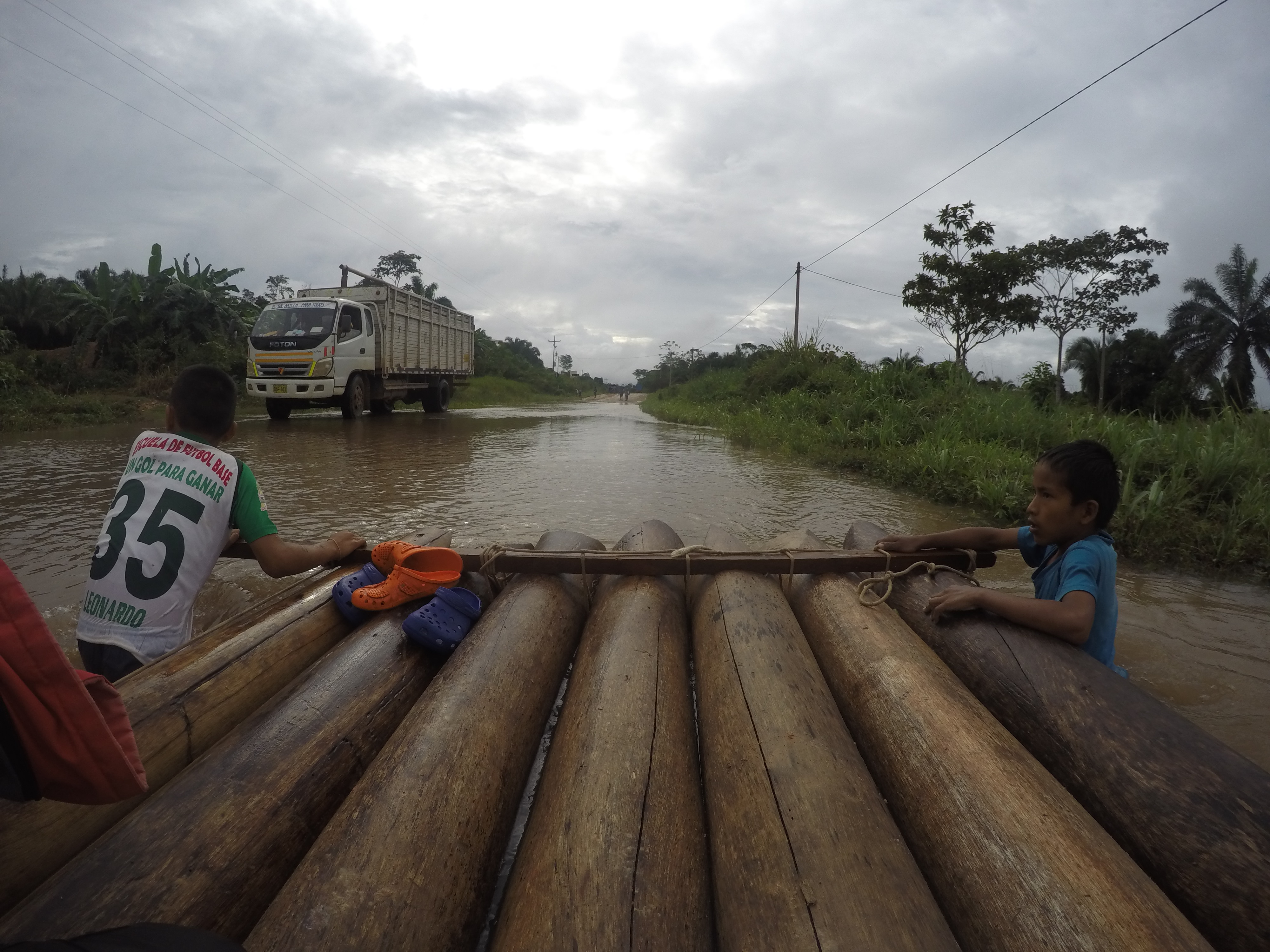
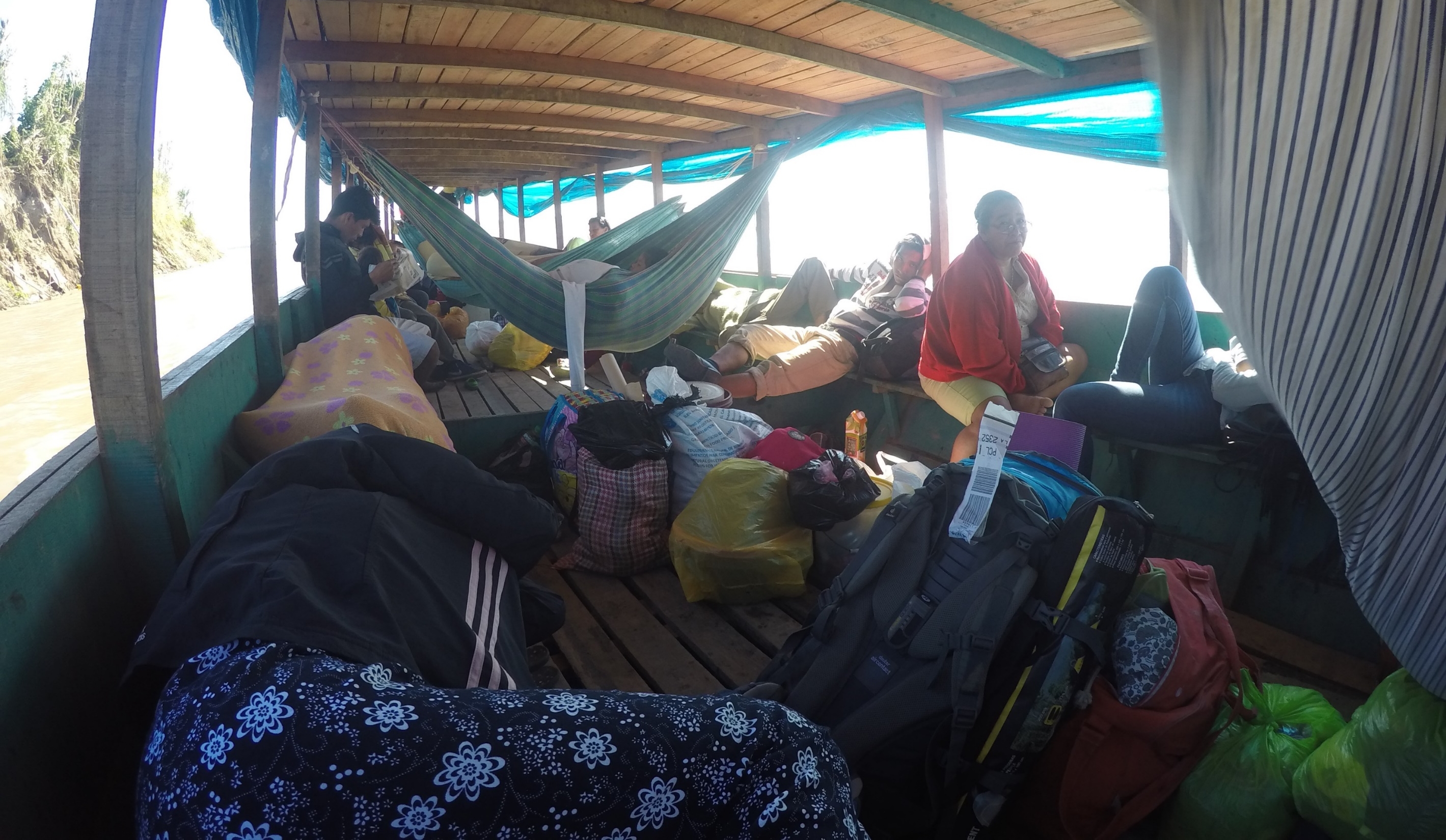
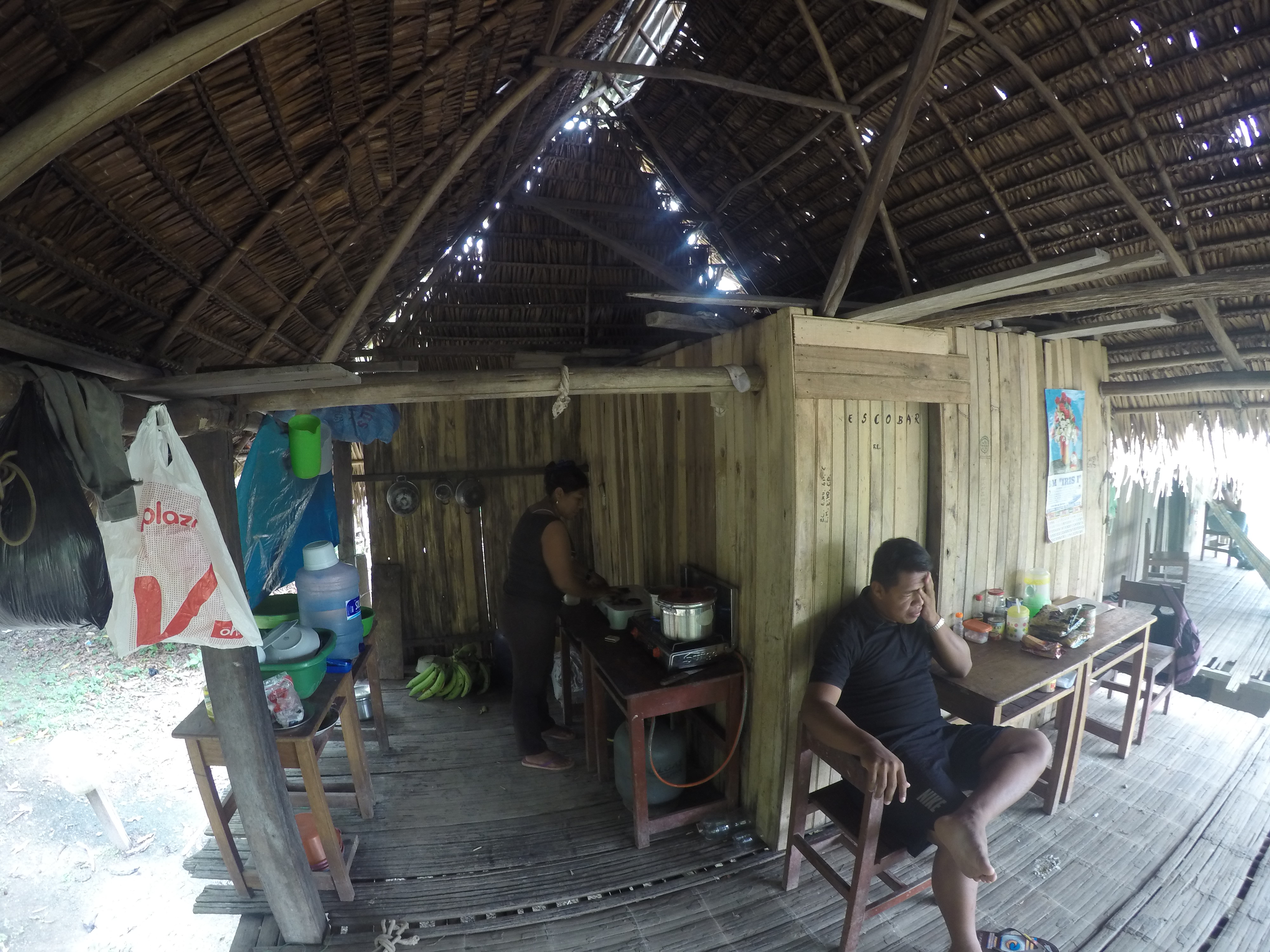
Process
Challenge Definition, Literature review, Data Gathering, Ethnographic research, Insight development, Visual Framework Building, Ideation & concept testing, Stakeholder co-creation, System-thinking analysis, Future Scenario, Document Publication
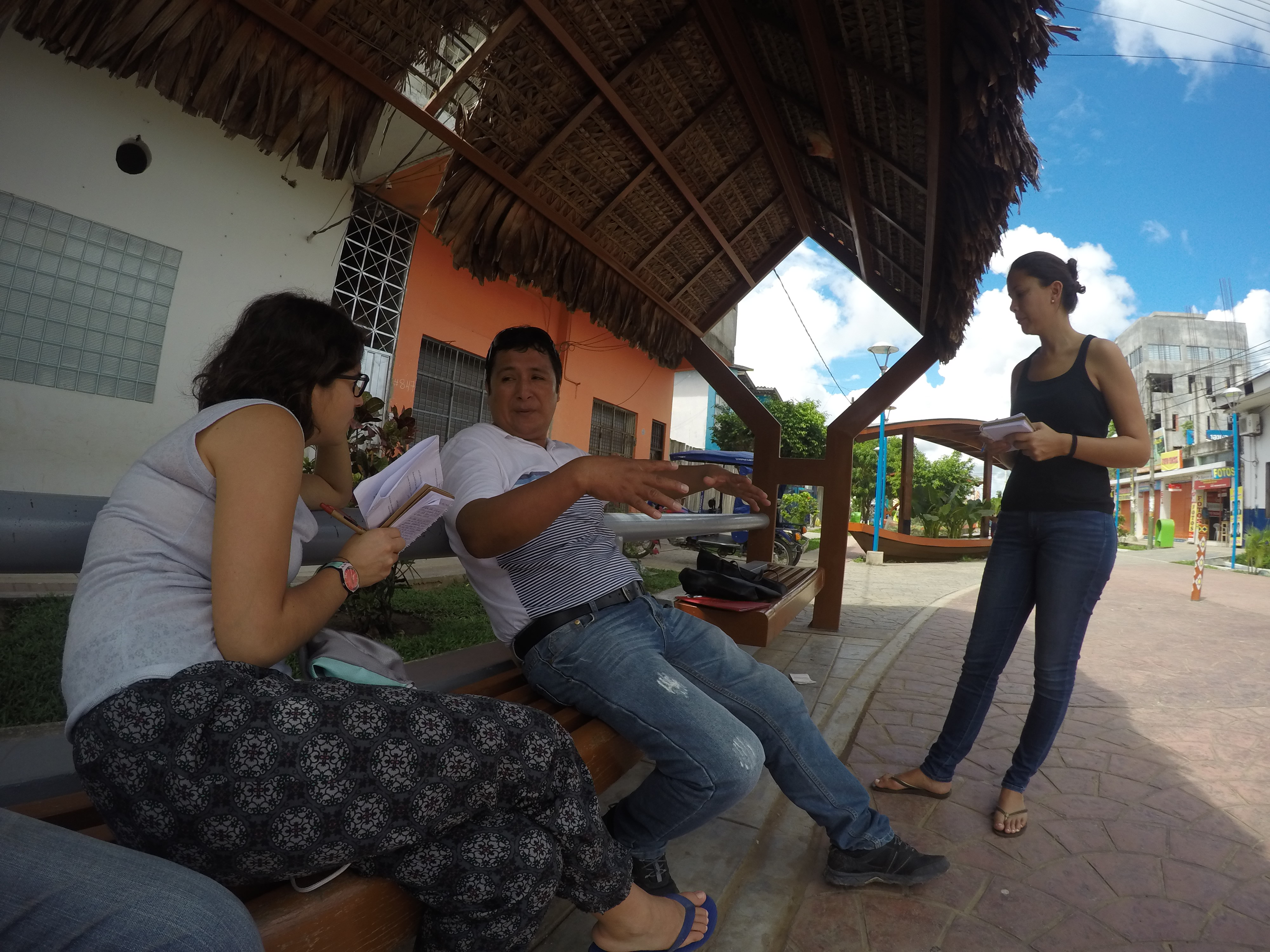
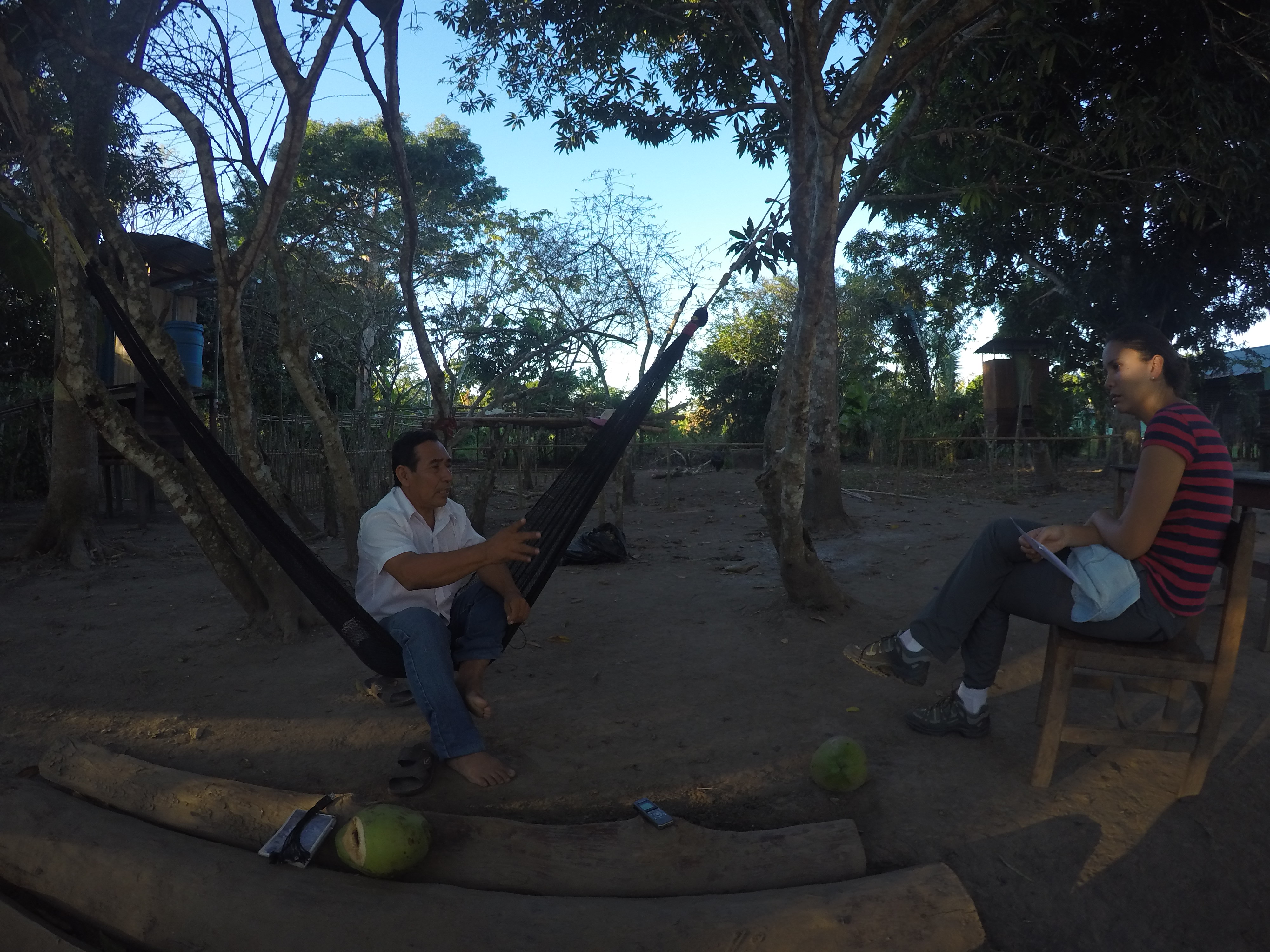
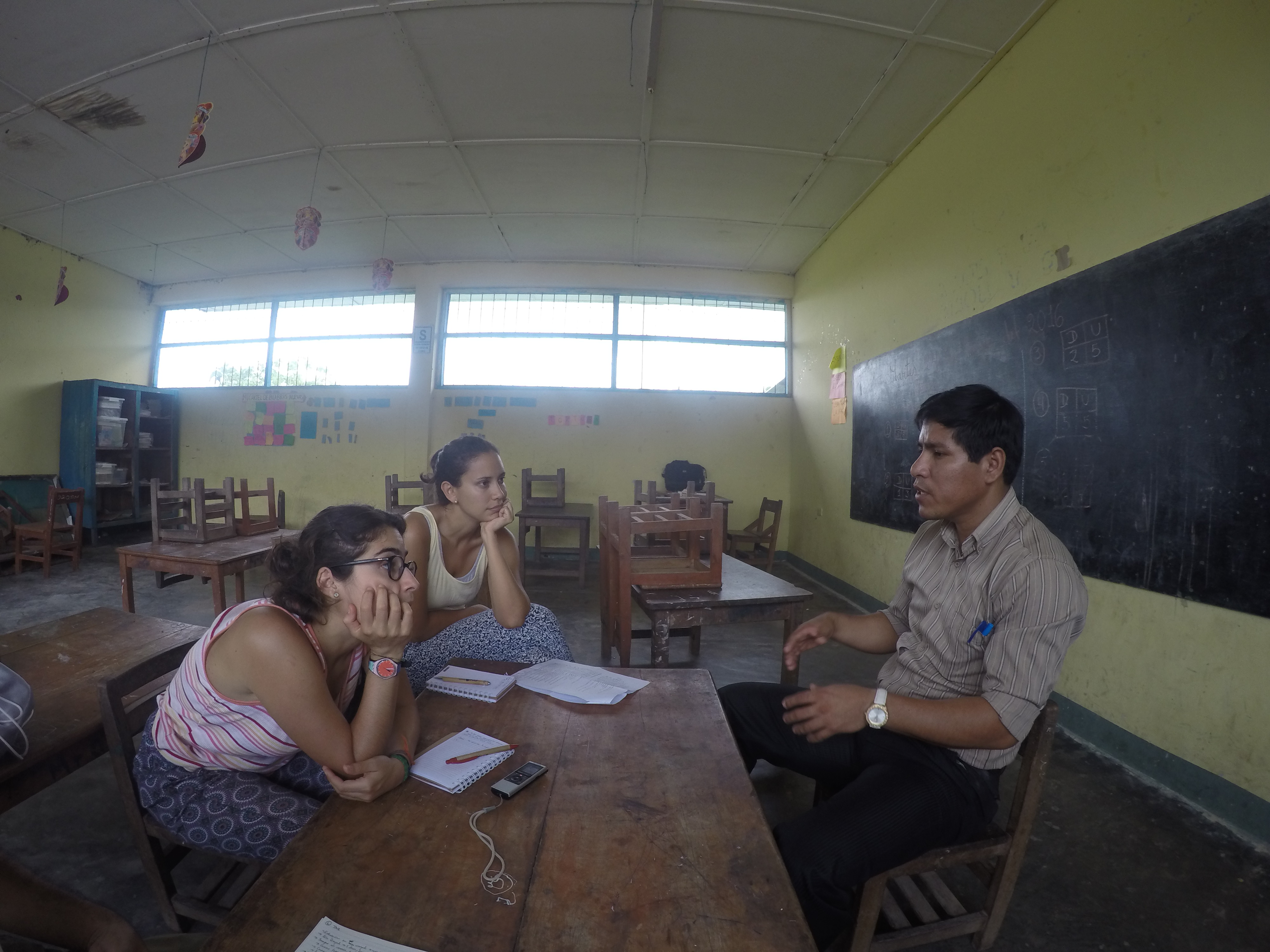
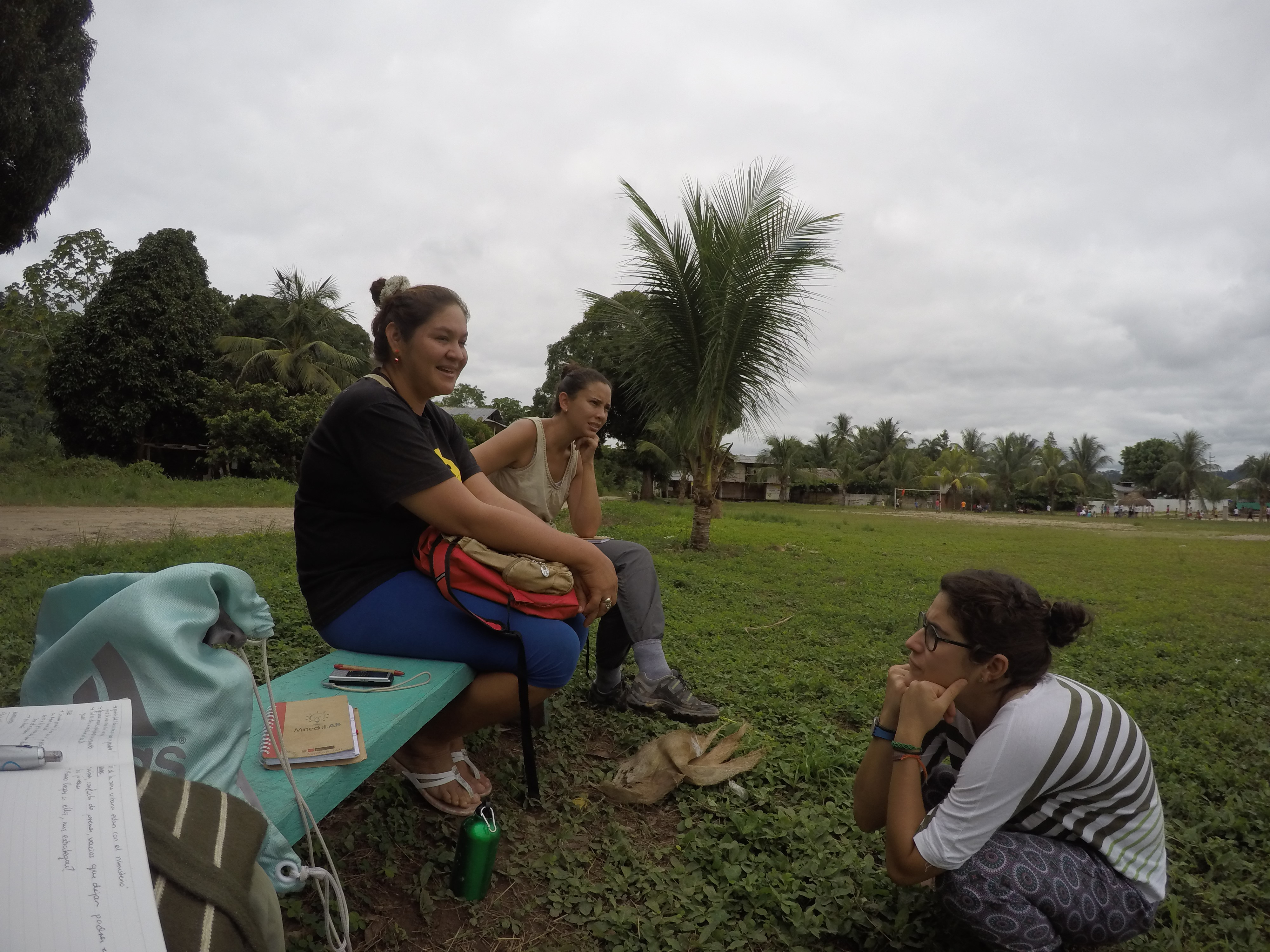
Findings
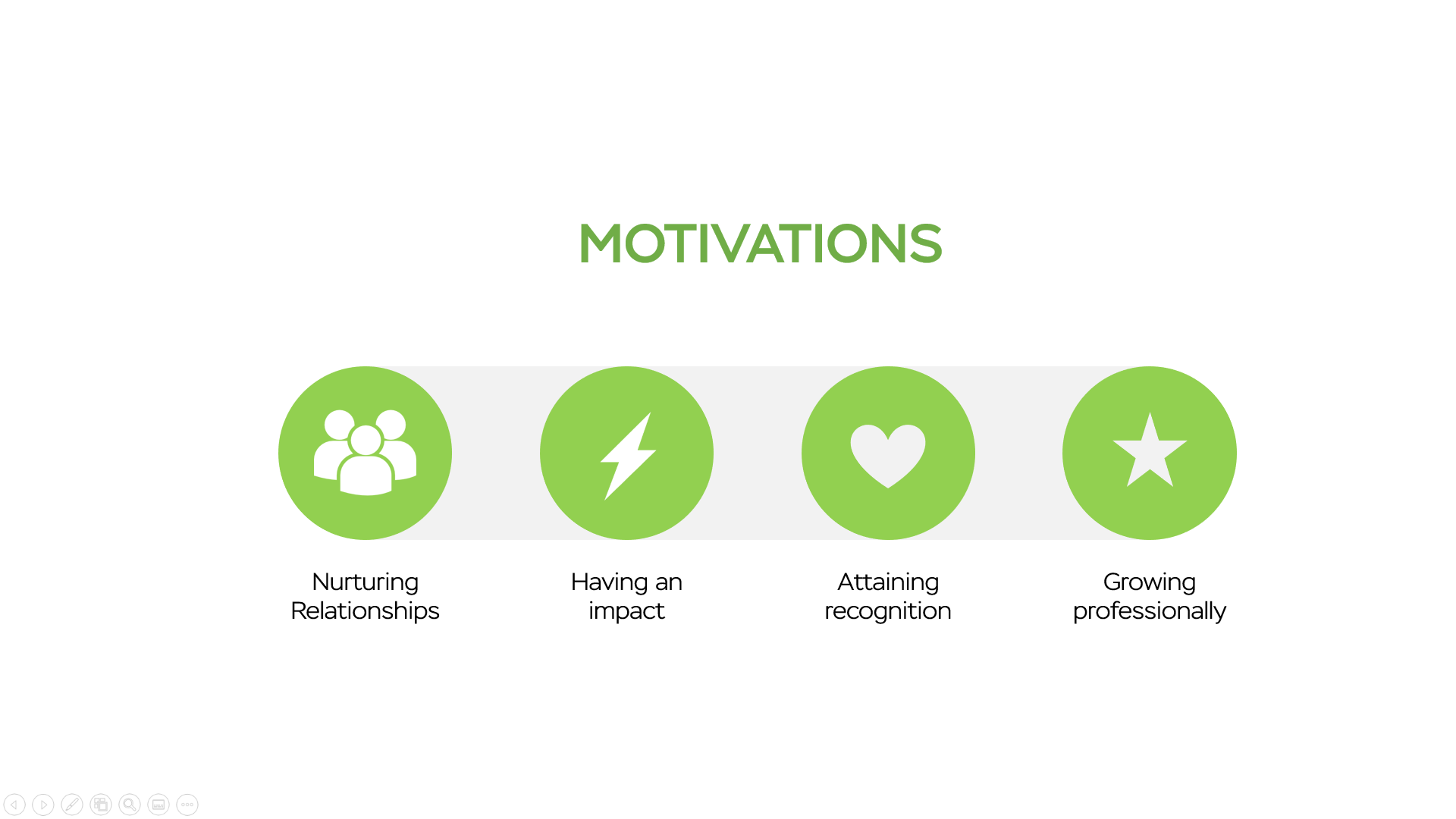

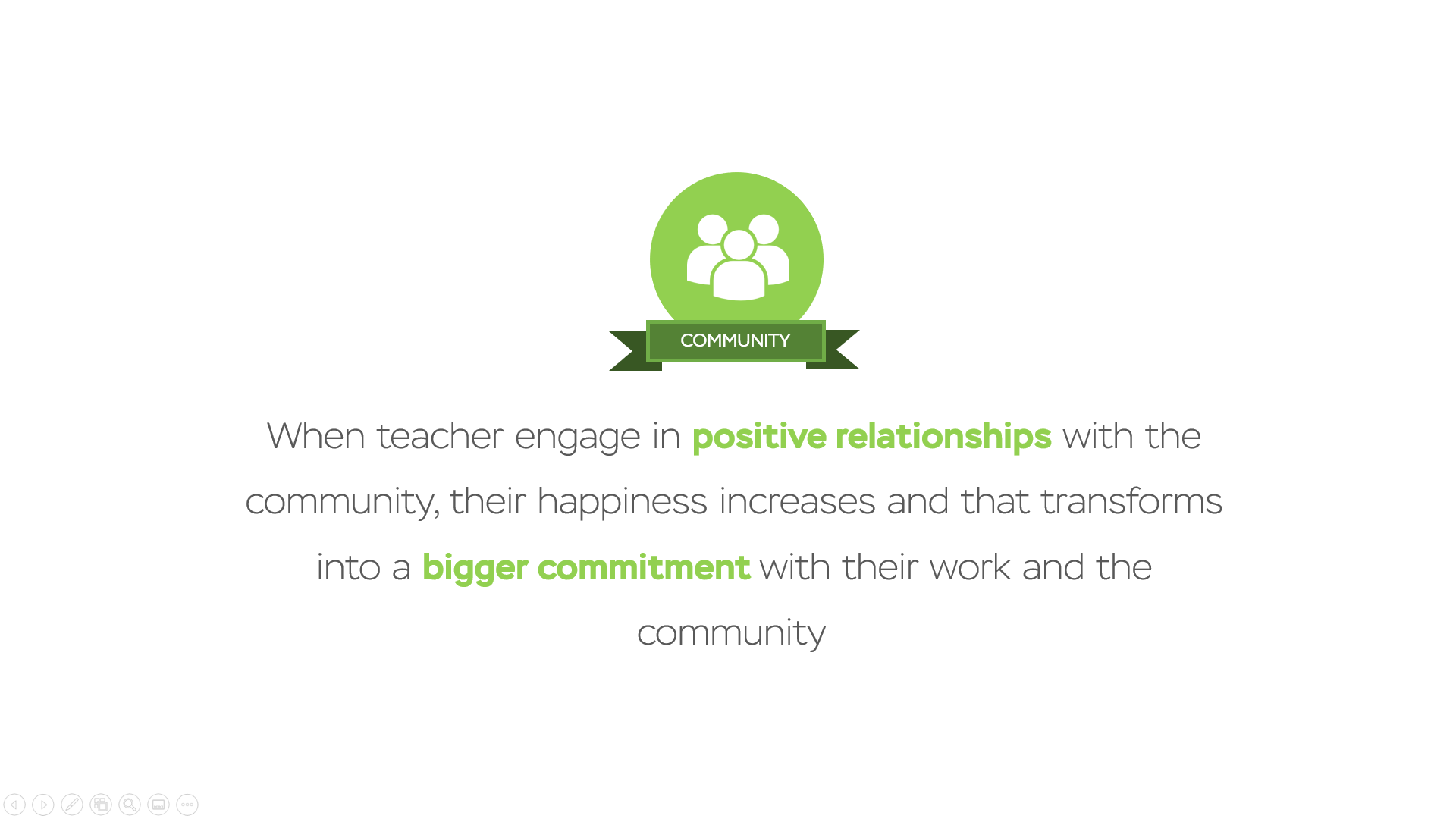
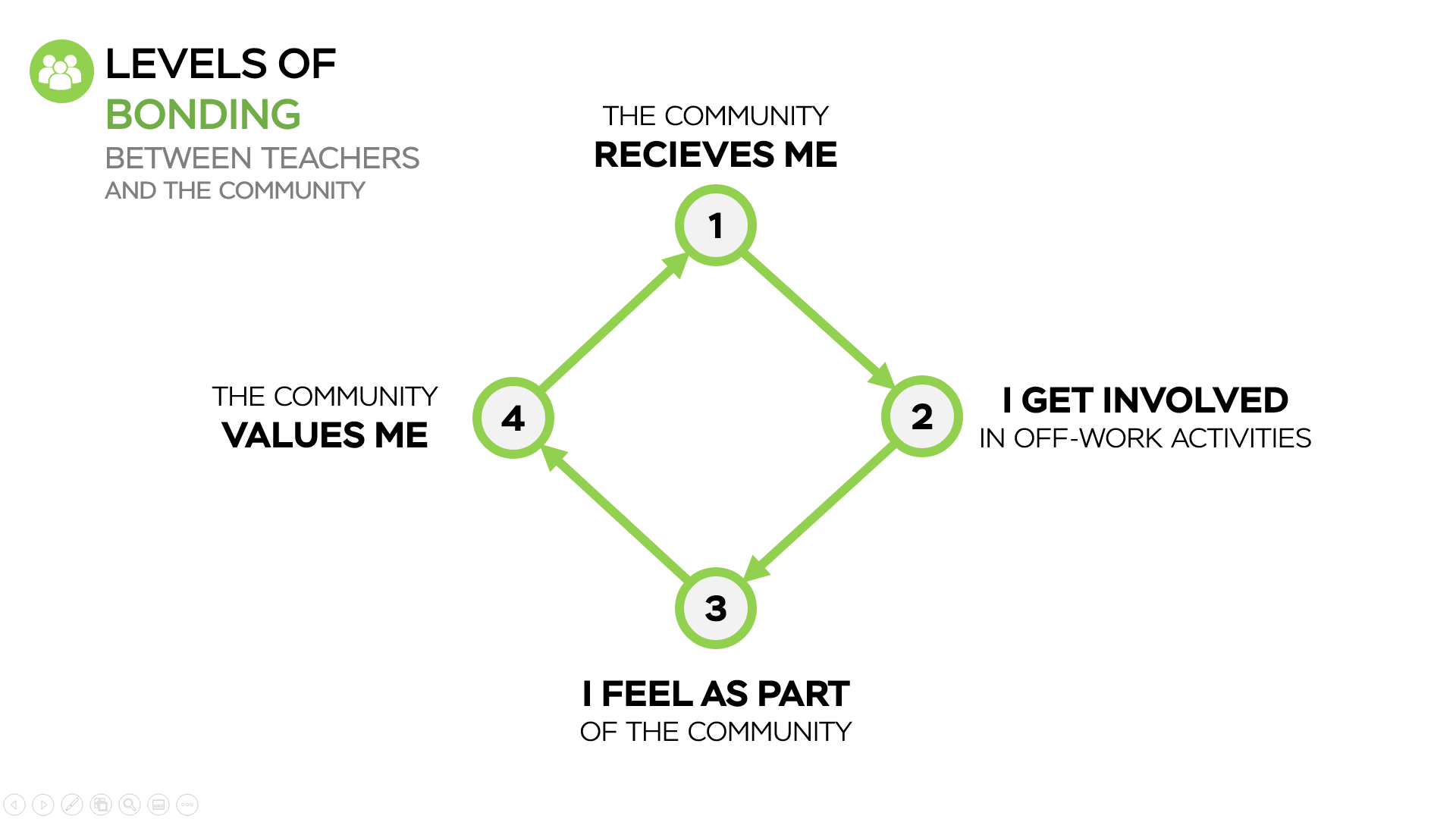
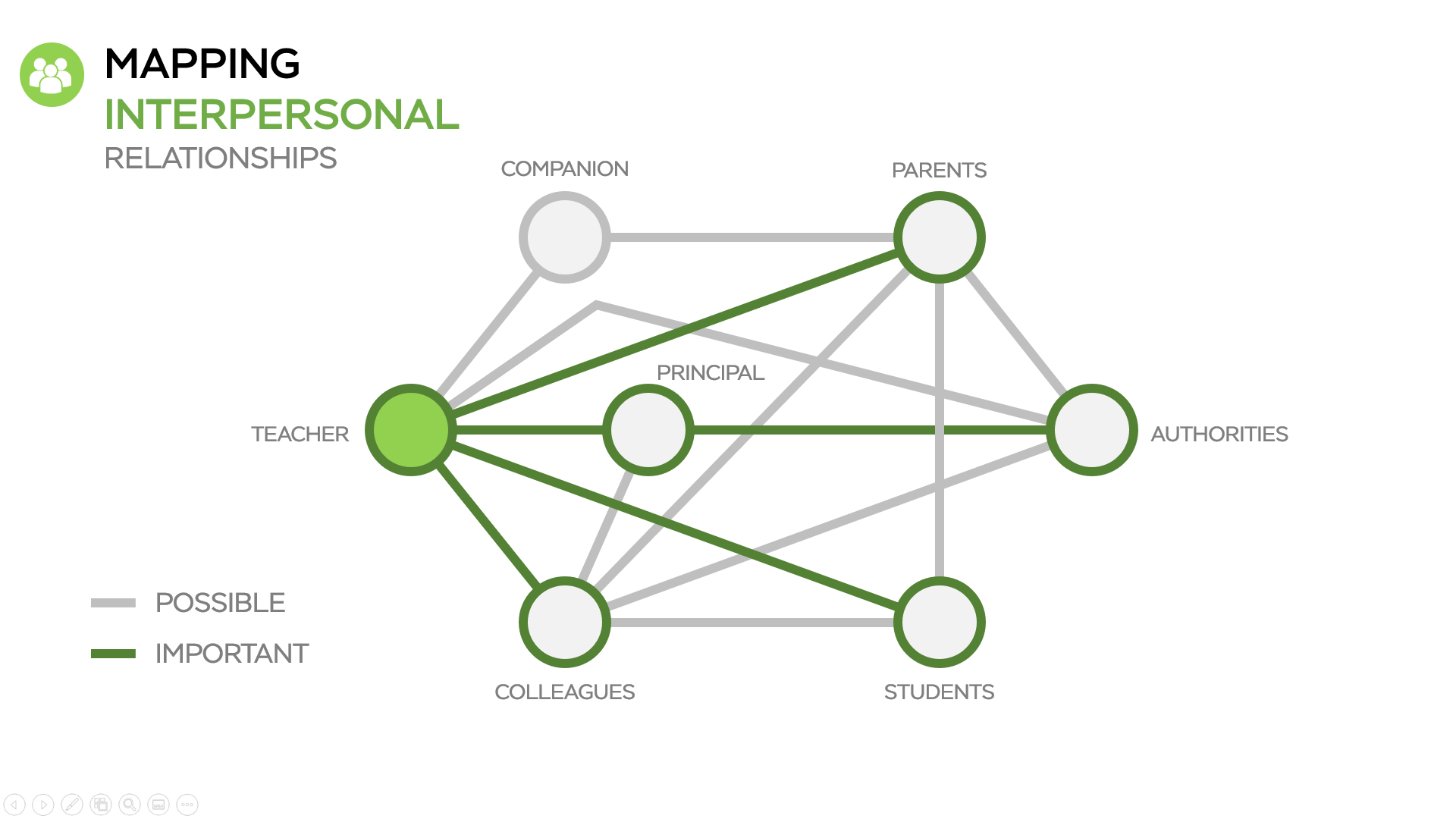

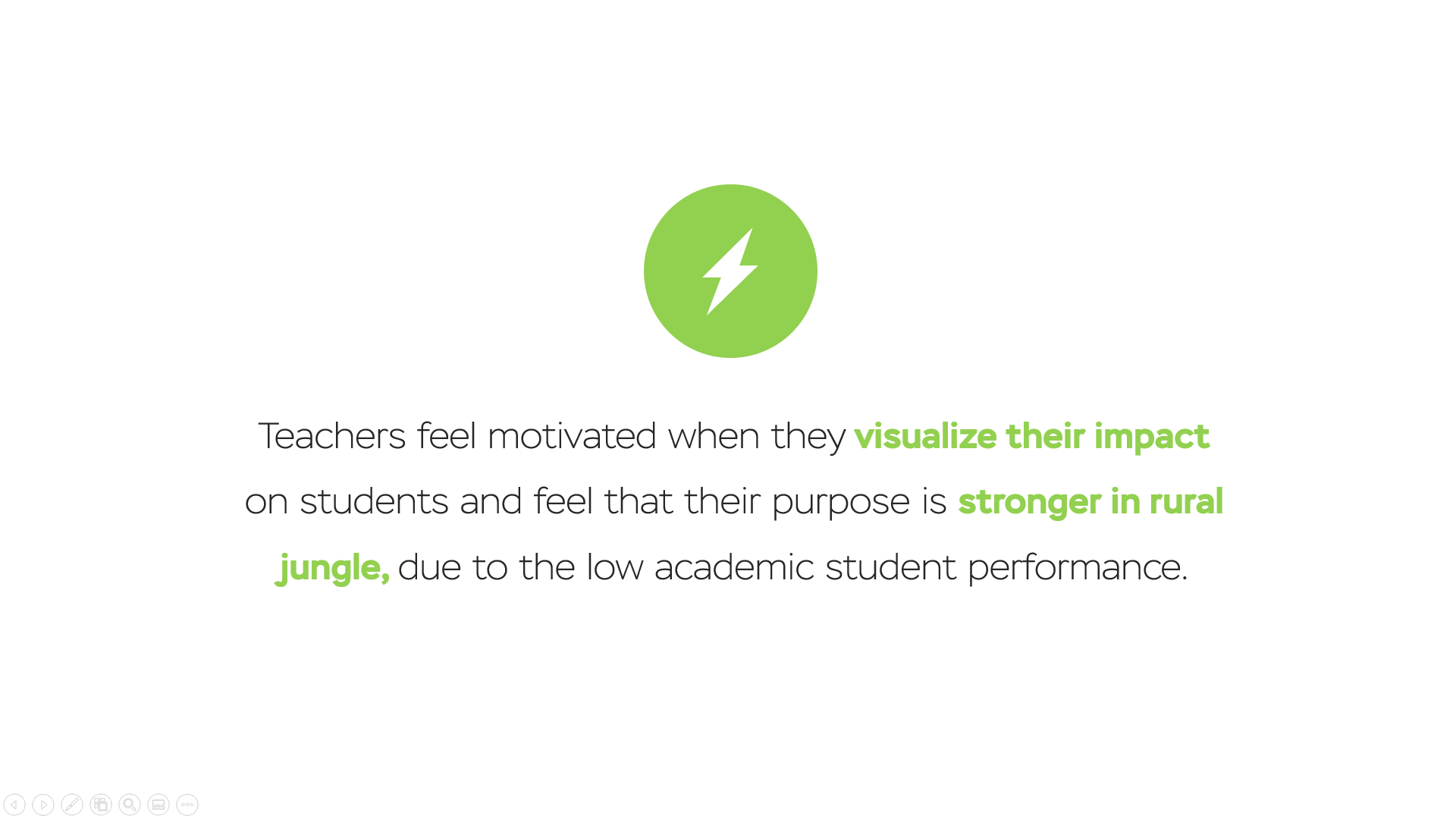
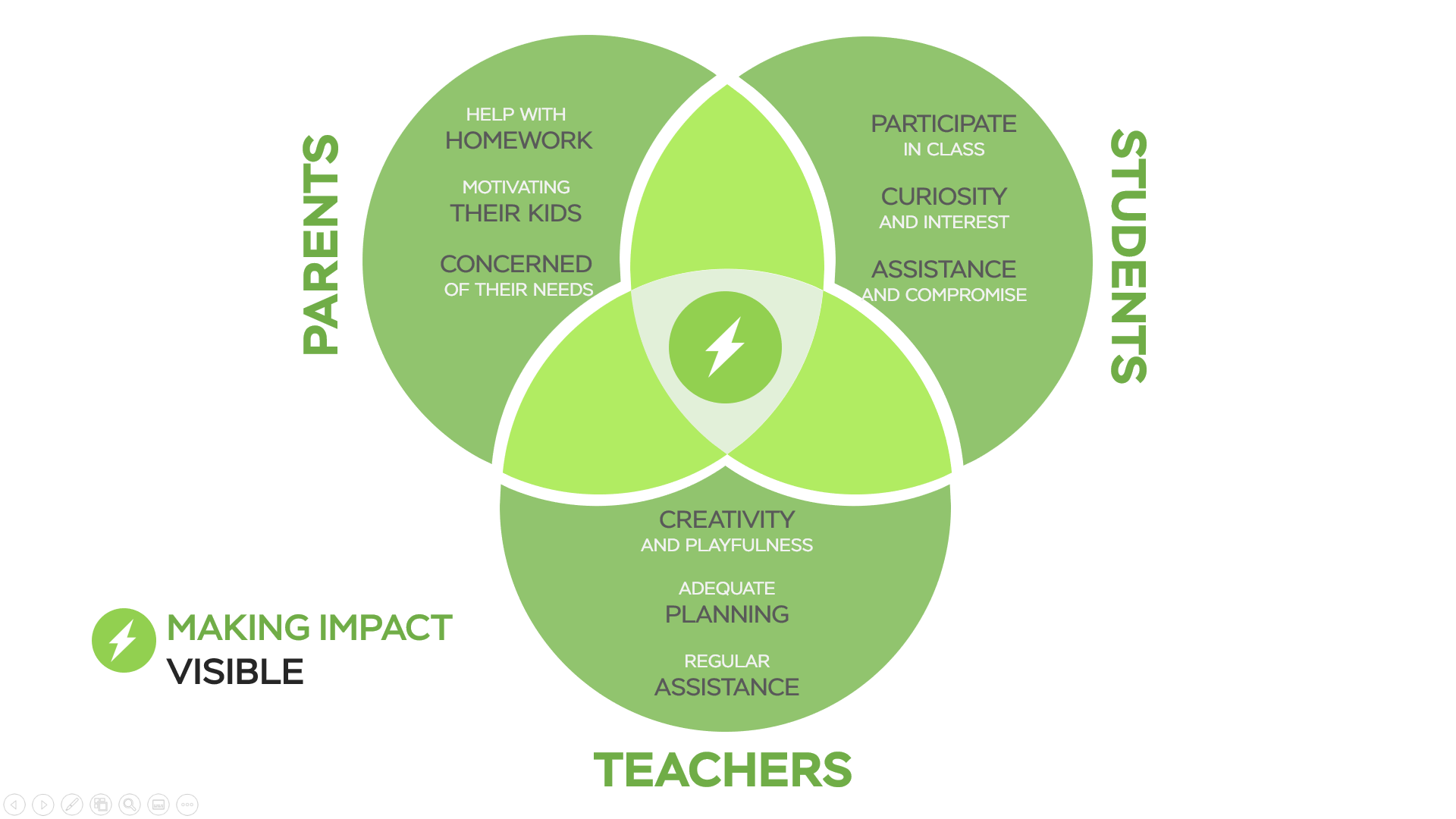
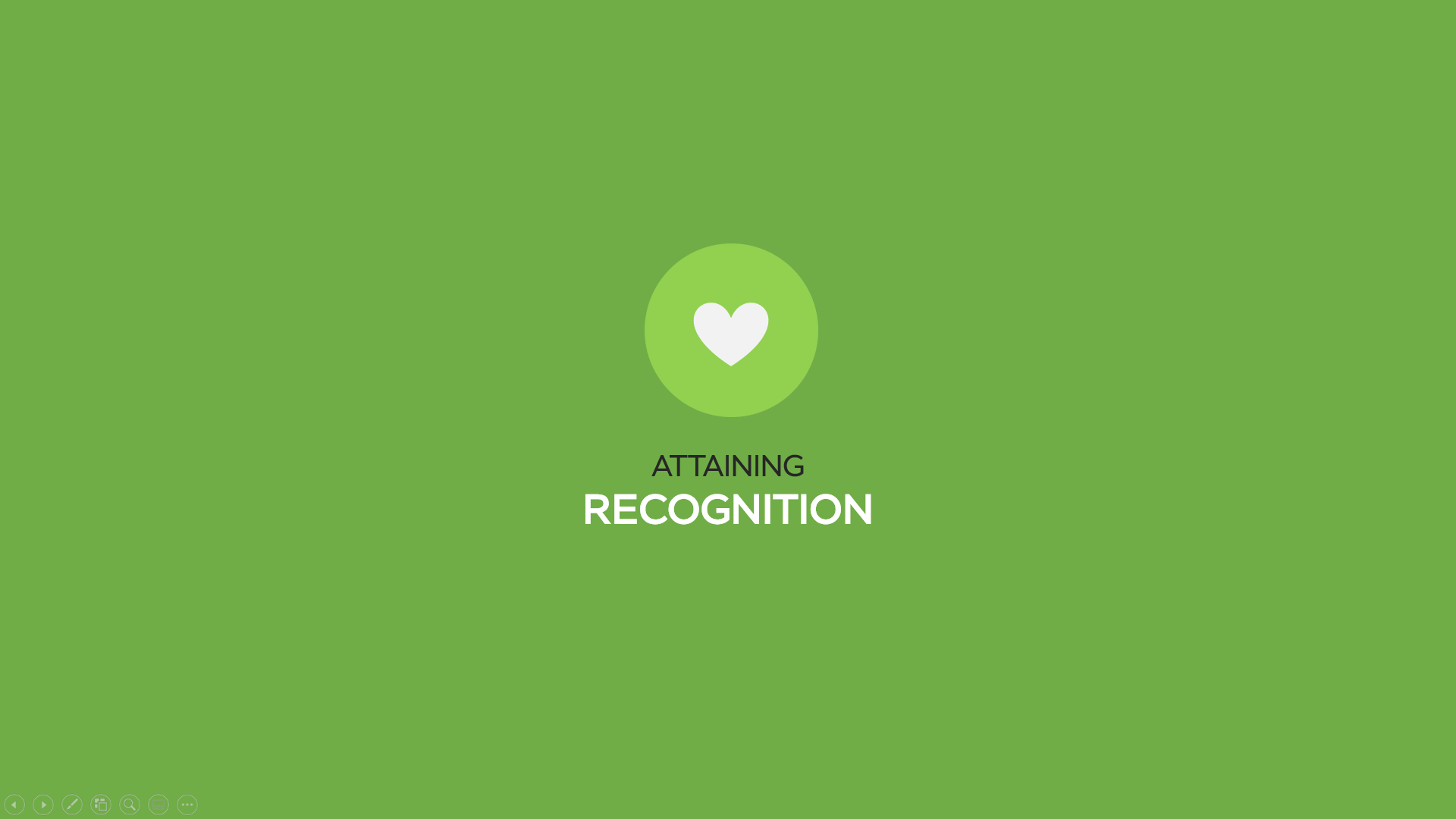
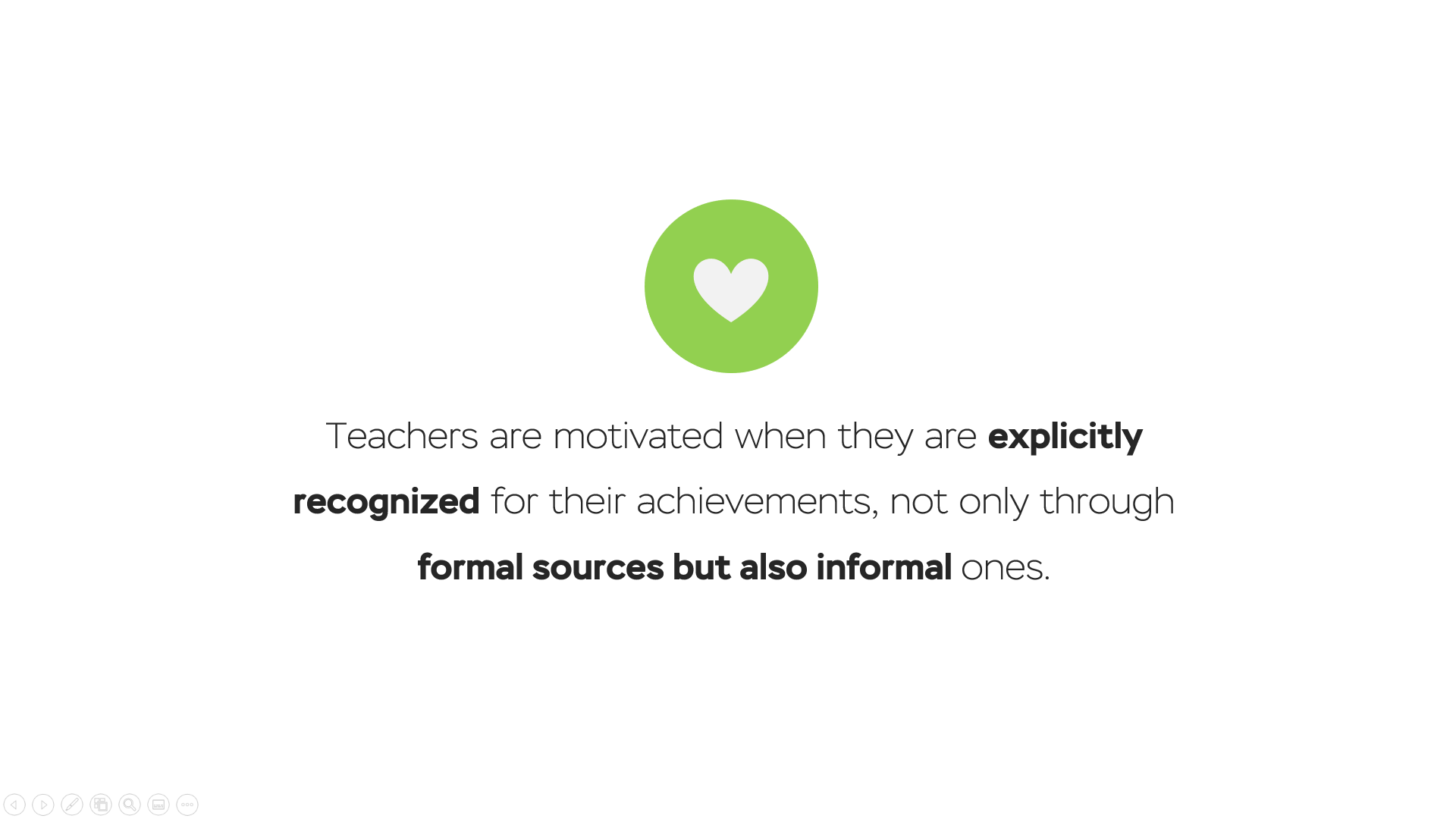
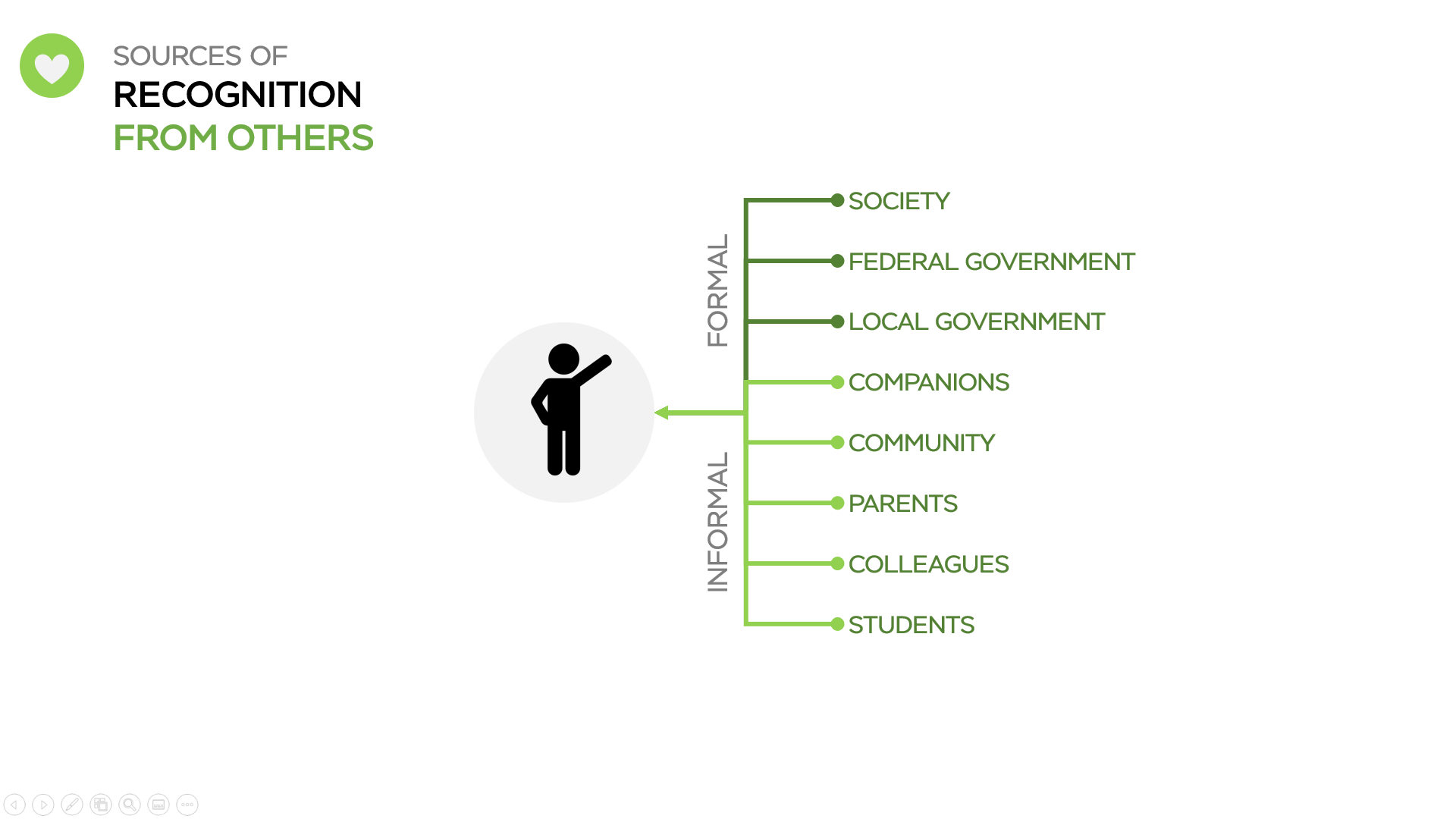

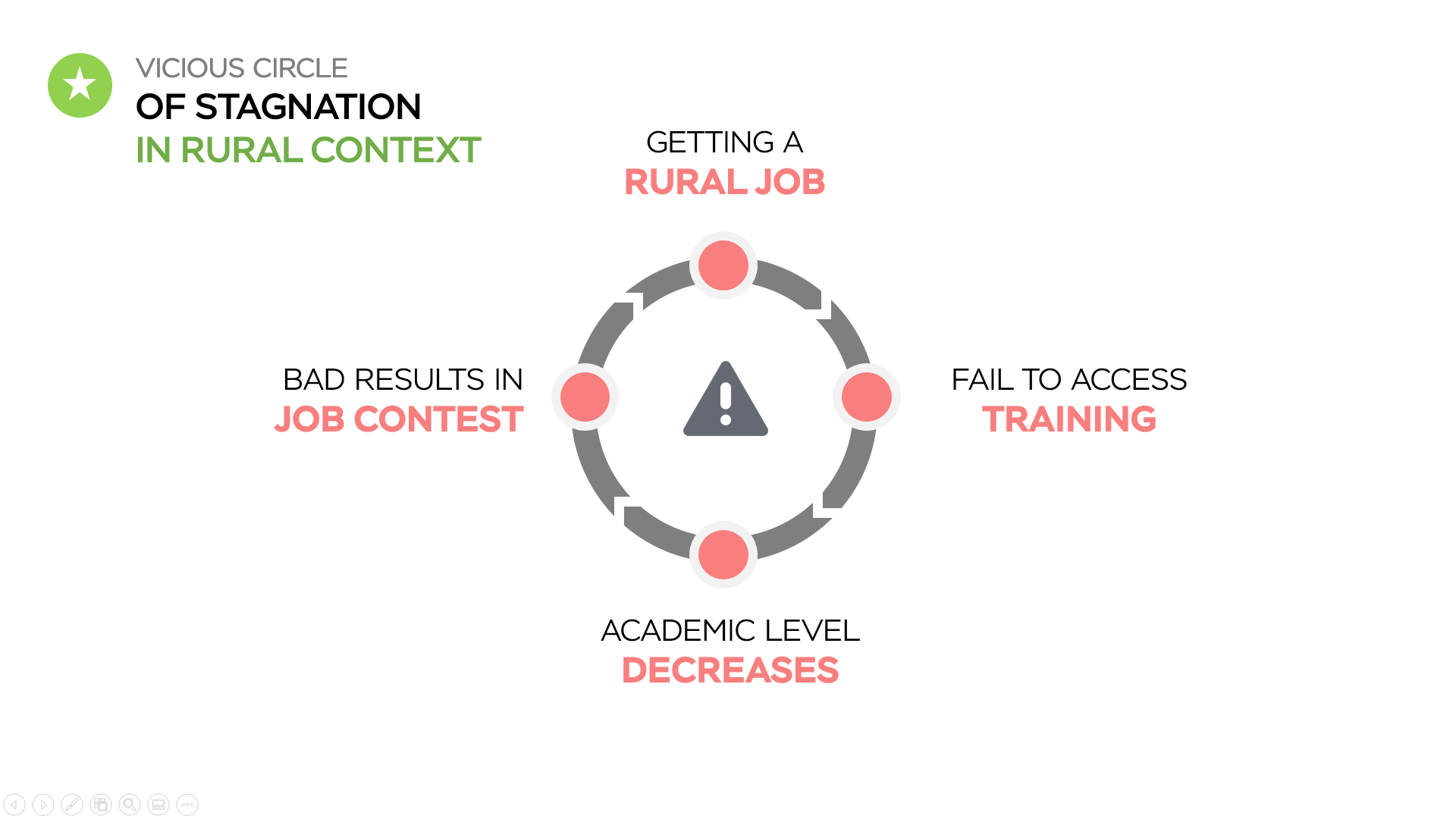
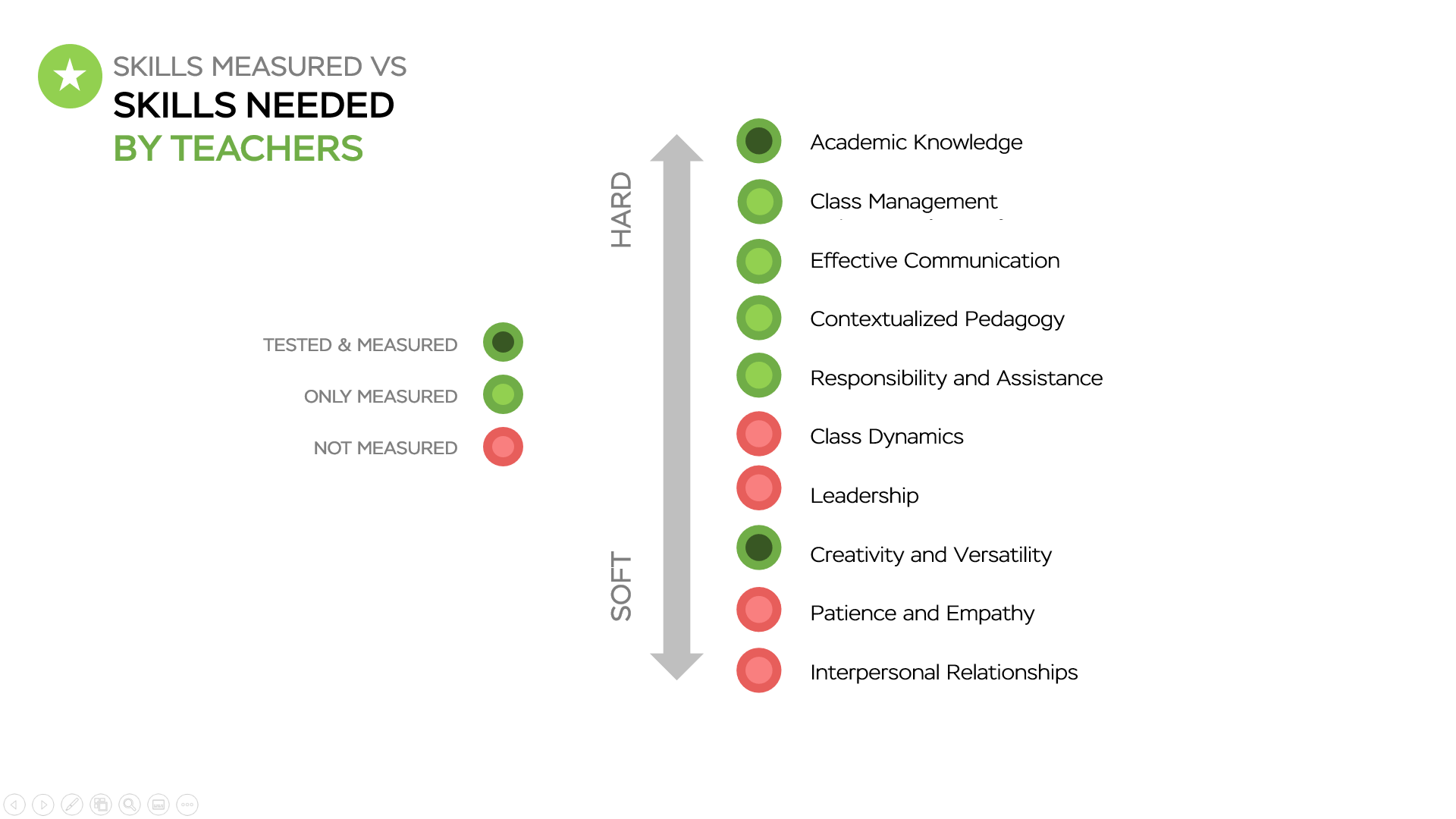
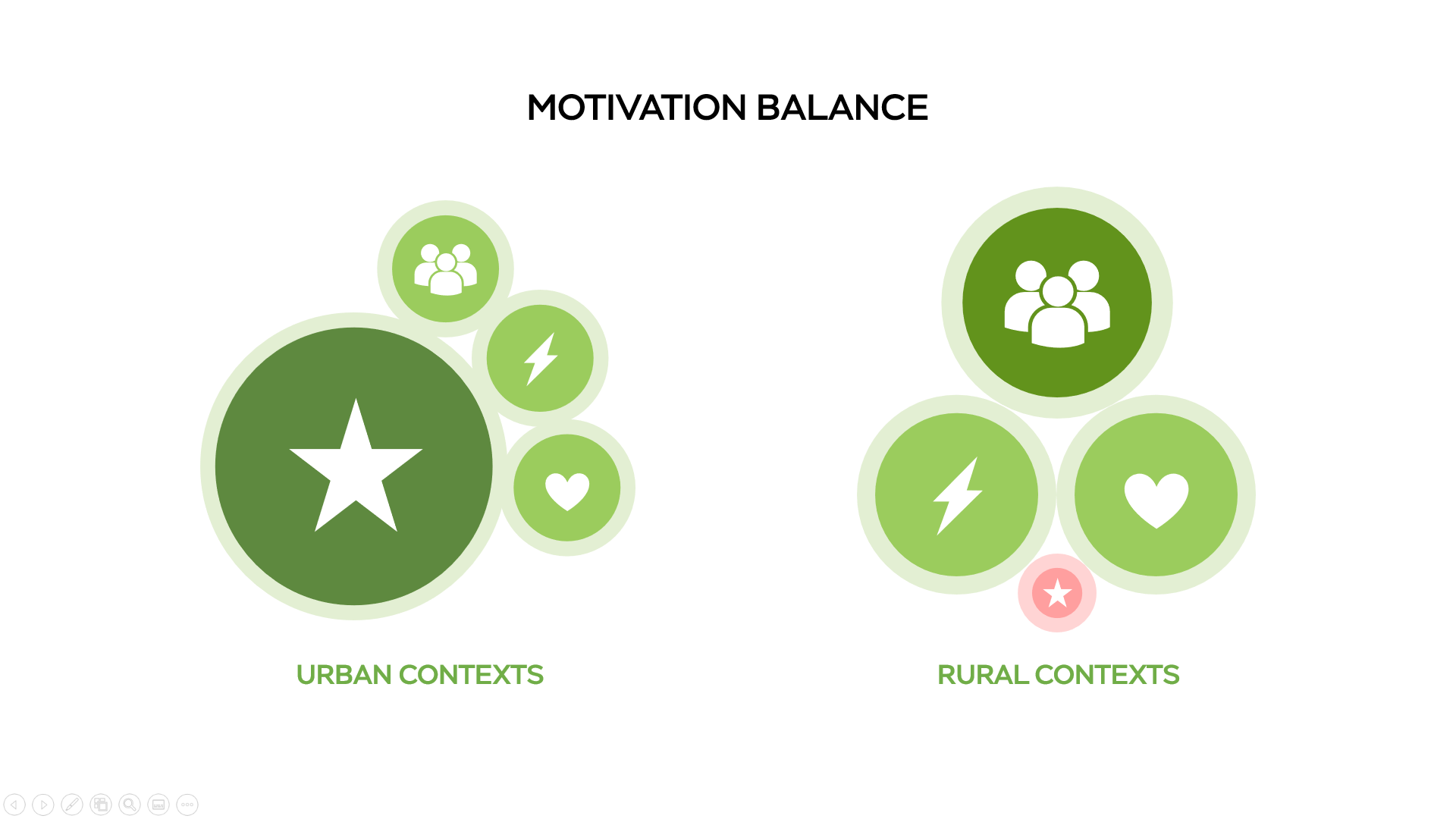
Impact
